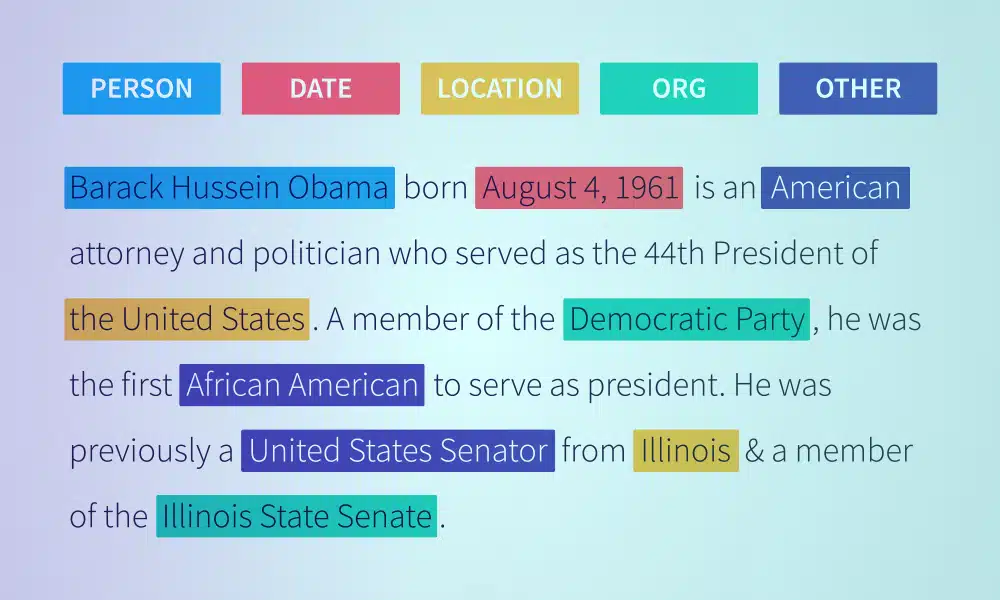In 2020, 1.7 MB of data was created every second by people. And in the same year, we produced close to 2.5 quintillion data bytes every day in 2020. Data scientists predict that by 2025, people will generate close to 463 exabytes of data daily. However, not all the data can be used by businesses to draw useful insights or develop machine learning tools.

Yet, when companies are contemplating developing AI models, there will come a time when they have to take a hard decision – one that could impact the outcome of the ML model – in-house or outsourced data labeling. Your decision could affect the development process, budget, performance, and success of the project. So let’s compare both and recognize the advantages and disadvantages of both.
In-House Data labeling Vs Outsourcing Data labeling
| In-House Data labeling | Outsourced Data labeling |
| Flexibility | |
| If the project is simple and doesn’t have specific requirements, then an in-house data labeling team can serve the purpose. | If the project you are undertaking is quite specific and complex and has specific labeling needs, it is recommended to outsource your data labeling needs. |
| Pricing | |
| In-house data labeling and annotation can be quite expensive to build the infrastructure and train employees. | Outsourcing data labeling comes with the freedom to choose a reasonable pricing plan for your needs without compromising quality and accuracy. |
| Management | |
| Managing a data annotation or labeling team can be a challenge, especially since it requires investment in time, money, and resources. | Outsourcing data labeling and annotation can help you focus on developing the ML model. Additionally, the availability of experienced annotators can also help in troubleshooting issues. |
| Training | |
| Accurate data labeling requires immense training of staff on using annotation tools. So you have to spend a great deal of time and money on in-house training teams. | Outsourcing doesn’t involve training costs, as the data labeling service providers hire trained and experienced staff who can adapt to the tools, project requirements, and methods. |
| Security | |
| In-house data labeling increases data security, as the project details are not shared with third parties. | Outsourced data annotation work is not as secure as in-house. Choosing certified service providers with stringent security protocols is the solution. |
| Time | |
| In-house data labeling is much more time-consuming than outsourced work, as the time taken to train the team on the methods, tools, and process is high. | It is better to outsource data labeling to service providers for a shorter deployment time as they have a well-established facility for accurate data labeling. |
When Does In-House Data Annotation Make More Sense?
While there are several benefits to data labeling outsourcing, there are times when in-house data labeling makes more sense than outsourcing. You can choose in-house data annotation when:
- The in-house teams can’t handle the large data volumes
- An exclusive product is known only to company employees
- The project has specific requirements available to internal sources
- Time-consuming to train external service providers
The Advantages Of Outsourcing Data Annotation Work to Shaip
You have an excellent in-house data collection and annotation team who have the right skills and experience to handle large quantities of data. In addition, you don’t foresee additional data capabilities for your project down the line, and your infrastructure can handle cleaning and labeling data accurately.
If you can fulfill these criteria, you would undoubtedly, consider your in-house team to undertake your data labeling and annotation needs. However, if you don’t have the in-house capabilities, you should consider getting expert help from industry leaders such as Shaip.
Some of the advantages of working with Shaip are:
Freedom to focus on core developmental work
One of the challenging yet critical parts of training ML models is first preparing the data sets. When data scientists are involved in cleaning and labeling the data, it channelizes their quality time into undertaking redundant tasks. As a result, the development cycle would start facing glitches as the overlapping processes could be delayed.
When the process is outsourced, it streamlines the entire system and ensures that the development process occurs simultaneously. In addition, with Shaip undertaking your data labeling needs, your in-house team can focus on their core competencies of building strong AI-based solutions.
Assurance of quality
When there is a team of dedicated, trained, and experienced data labeling experts working exclusively on your project, you can be assured of getting high-quality work delivered on time. Shaip delivers enhanced data labeling for ML and AI projects by leveraging the experience of working on diverse data sets and building on their data labeling capabilities.
Ability to handle large data quantities
Data labeling is a labor-intensive job, and as such, a typical AI project will require thousands of data sets to be labeled and annotated accurately. However, the volume of data depends largely on the type of project, and this increase in demand can increase the milestones of your in-house teams. Furthermore, when the data bulk increases, you might also be required to source members from other teams for support, which could impact work quality.
With Shaip, you can enjoy constant support from dedicated teams who have the expertise and experience to handle changes to data volumes. In addition, they have the resources and skill to scale along with your project effortlessly.
Partnering with Shaip is the best decision for your project’s success. We have trained data labeling and annotation experts who have years of experience handling diverse data sets requiring specific data labeling needs. With Shaip, you can receive high-quality annotations swiftly, accurately, and within your budget.
[Also Read: A Beginner’s Guide to Data Annotation: Tips and Best Practices]




